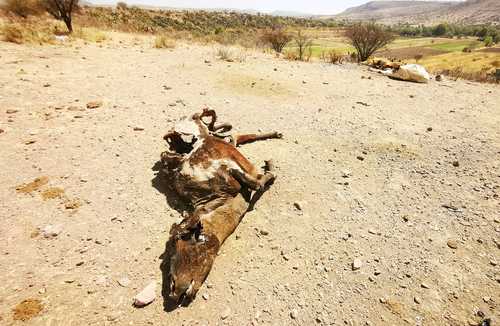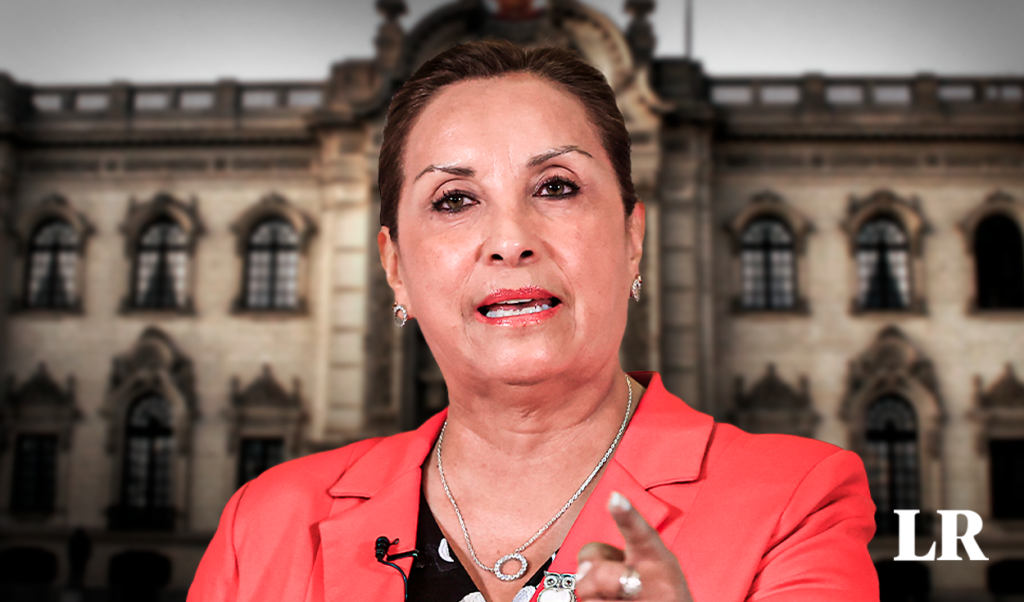▲ Water distribution problems also affect livestock farming.Photo Alfredo Valadez
Daniel González Delgadillo
La Jornada Newspaper
Sunday, December 29, 2024, p. 6
With the signing of the Agreement for the Human Right to Water and Sustainability and the application of the National Water Plan (2024-2030), finalized last November, the government intends to regulate more than 360 thousand concessions so that companies make appropriate use of this resource and do not engage in illegal practices.
To guarantee water security in both projects without gaps
Saúl Alejandro Flores, academic at the Aguascalientes Economic Research and Teaching Center, says in an interview with The Day that the National Water Commission (Conagua), together with other authorities, must apply a new methodology for measuring groundwater and surface water, use more technologies and field inspectors, and reform the regulations of the National Water Law, which dates back to 1992.
The specialist points out that one of the main problems is that the government does not have a measurement of the concessions to determine the volumes that are extracted, exploited, used and exploited in Mexico. This, he indicates, makes it difficult to monitor compliance with the volumes granted for industrial use, but also for the agricultural, livestock, aquaculture, urban public and service sectors.
These water concessions have been the source of controversy, since often, the owners do not comply with the established conditions and engage in illegal practices, such as the sale of water to individuals and other companies, or through the extraction of volumes of water that affects nearby communities.
In order to avoid graft
of companies and coyotes, the researcher explains that Conagua requires isometry methods to measure, like a kind of x-ray
the geological structure of the wells and the volumes of water stored to determine the extraction in real values with the measurements that would apply to all concessions.
To monitor the ranges, he highlights that more technology must be installed in water networks, such as the automation of macro-measurement to know in real time and remotely the volumes consumed and surpluses of all concessioned sectors. He adds that it could also help determine extraction ranges by monitoring electricity consumption in each well and water discharges carried out.
In Mexico, it is estimated that more than 3 thousand individuals have about 4 thousand titles that allow them to extract, each one, more than one million cubic meters per year, according to the platform of the Public Registry of Water Rights, belonging to to Conagua, headed by Efraín Morales López.
However, Flores points out that these data they are not reliable
Because the platform is not updated or organized, it does not detail whether they are micro, medium or large companies or if they comply with the regulations or are sanctioned.
For this reason, the professor points out that the commission must invest in the deployment of more inspectors on the ground to audit and supervise the owners in case it is necessary to apply sanctions for poor management of the wells, such as physical damage or environmental, or some crime, such as huachicoleo of the water.
To ensure that the water projects of the new government are respected by the concessionaires, it is essential to apply reforms to the regulations of the National Water Law based on the challenges and emergencies that the country is experiencing, such as droughts caused by climate change or the scarcity of water for human consumption.
The strategies defined in the National Water Plan establish regulating the transmission of concessions between individuals in order to recover these volumes so that they can be used in emergency situations for human consumption, make decrees to regularize those permits that have expired when they are are within the framework of the law and the creation of a platform to digitize and facilitate procedures, in addition to preventing corruption.
One of the first steps to implement this plan was the signing of the National Agreement for the Human Right to Water and Sustainability, in which 67 districts and irrigation units voluntarily committed to returning to the State more than 2 1,800 million cubic meters of liquid, the equivalent of three years of consumption in Mexico City, when at the national level there are 86 districts and 50,753 units.
In addition, 75 companies agreed to return 126 million cubic meters and invest more than 21 billion pesos to make water more efficient, treat and reuse for industrial processes, community works, crop irrigation or even human consumption.















